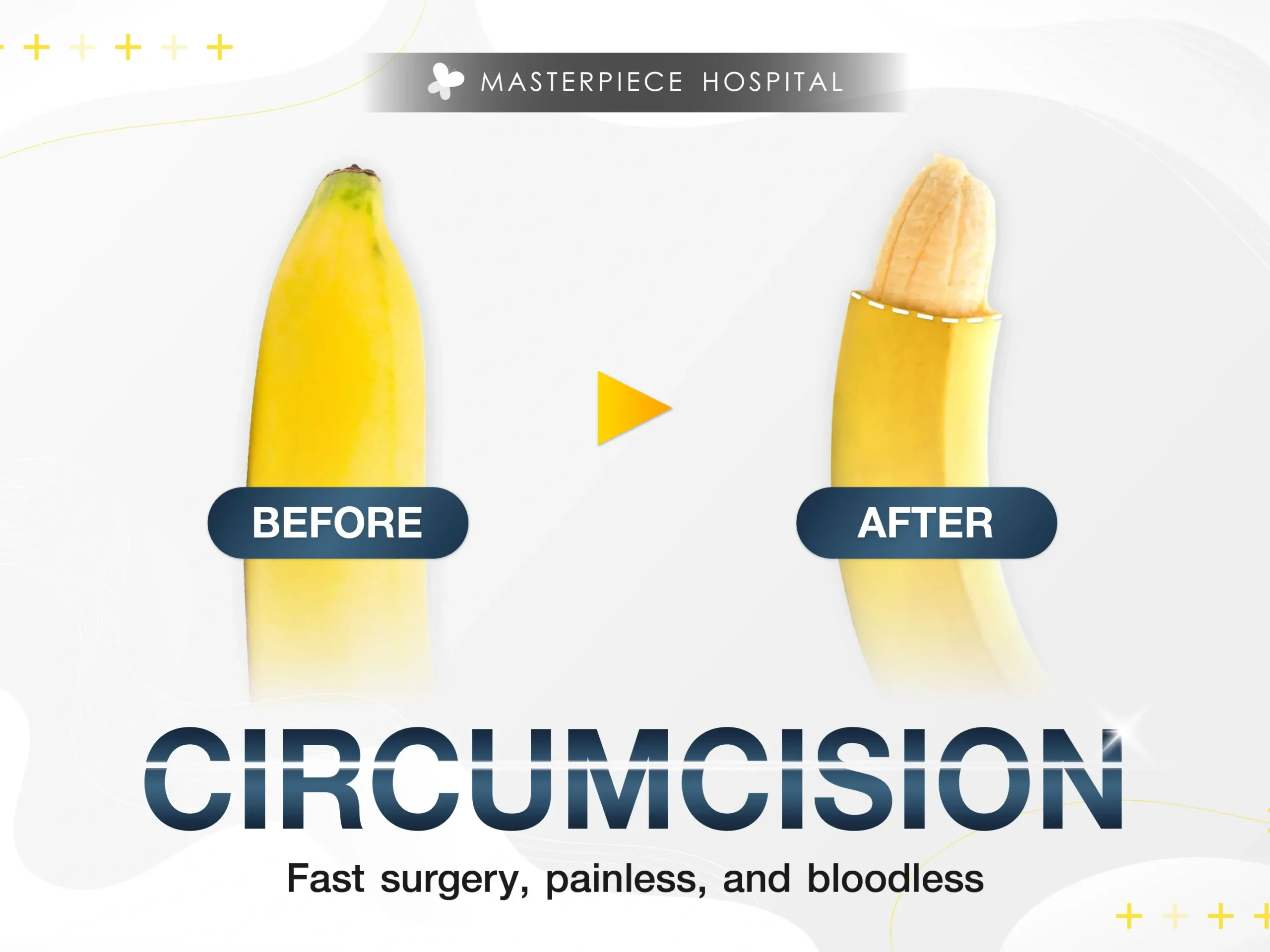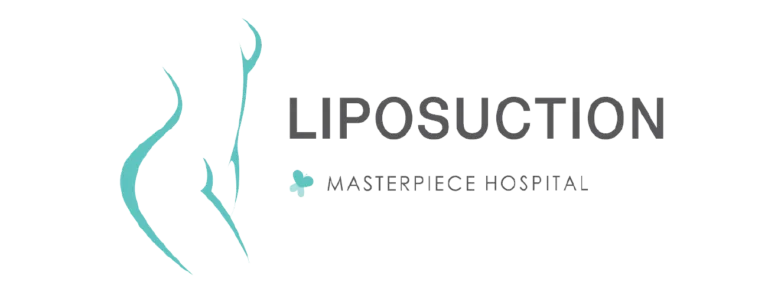Circumcision
Circumcision is a procedure that involves the removal (cutting) of the foreskin covering foreskin. It can typically be performed from infancy to old age, but it is generally done around the age of 7–8 in cases where the foreskin cannot be retracted for proper cleaning. In Islam, circumcision, or “Sunnat,” is also commonly performed around the time a child starts school, usually at about 7–8 years old.
Circumcision is traditionally performed using standard techniques, such as a scalpel or scissors, to remove the foreskin, followed by suturing the wound with surgical stitches. However, a modern alternative known as bloodless circumcision or automated device circumcision is now available. This method offers several advantages, including a quicker procedure, less pain, and significantly reduced blood loss.
Nevertheless, circumcision using an automated device has certain limitations. For instance, if the foreskin is congenitally too tight to allow the device to be inserted, or if the frenulum (the band of tissue under the penis) is too short or too tight, additional procedures such as frenulum cutting or reshaping may be required.
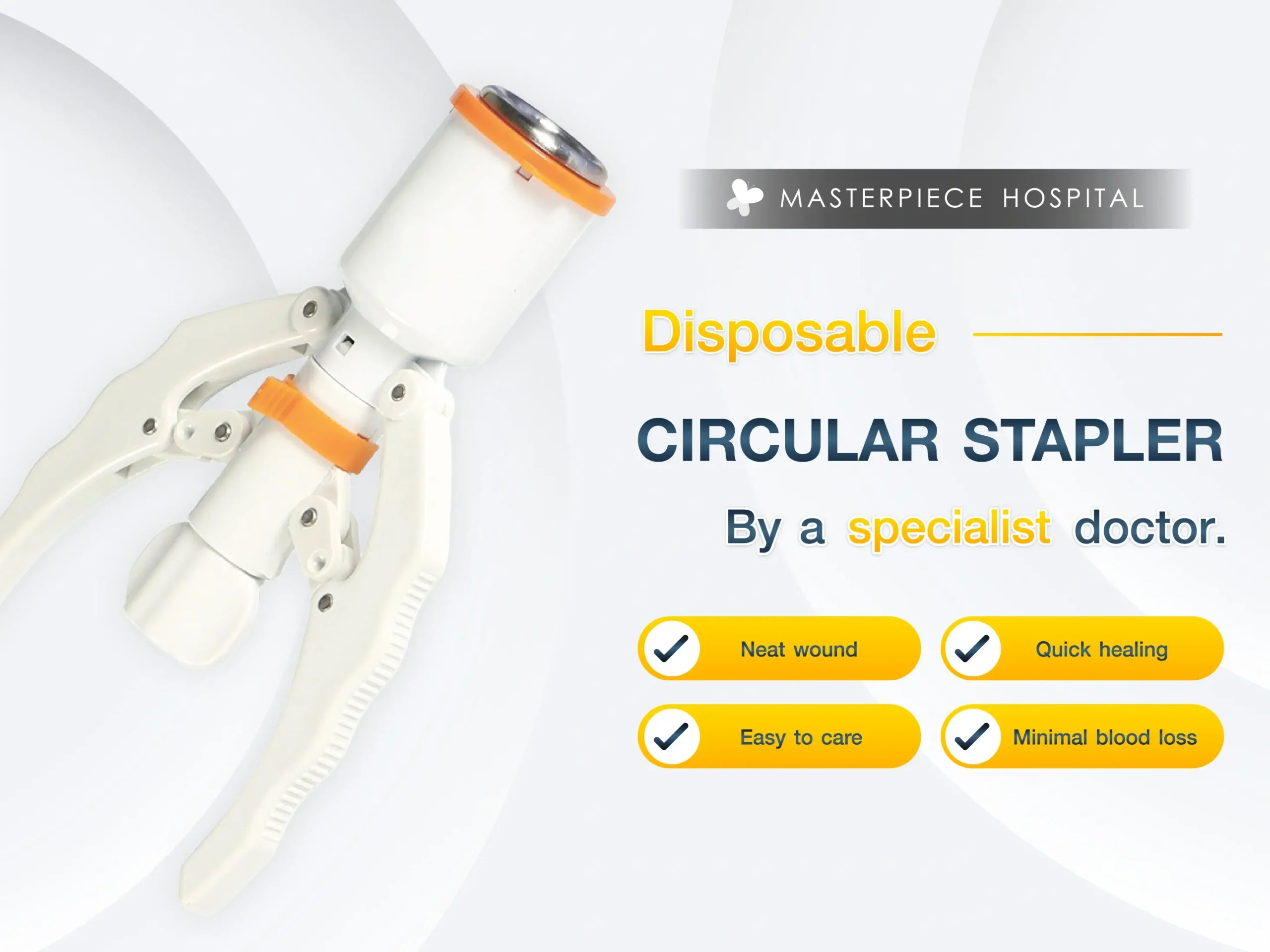
Functions of the foreskin
- Protects the foreskin during growth and development.
- Shields the glans (penis head) from friction or minor injuries.
- The inner foreskin produces natural lubrication for the glans.
- Contributes to penile lengthening during erection.
- Plays a role in masturbation and sexual intercourse.
- Reduces friction during sexual activity.
- Contains sensory receptors that enhance sexual pleasure.
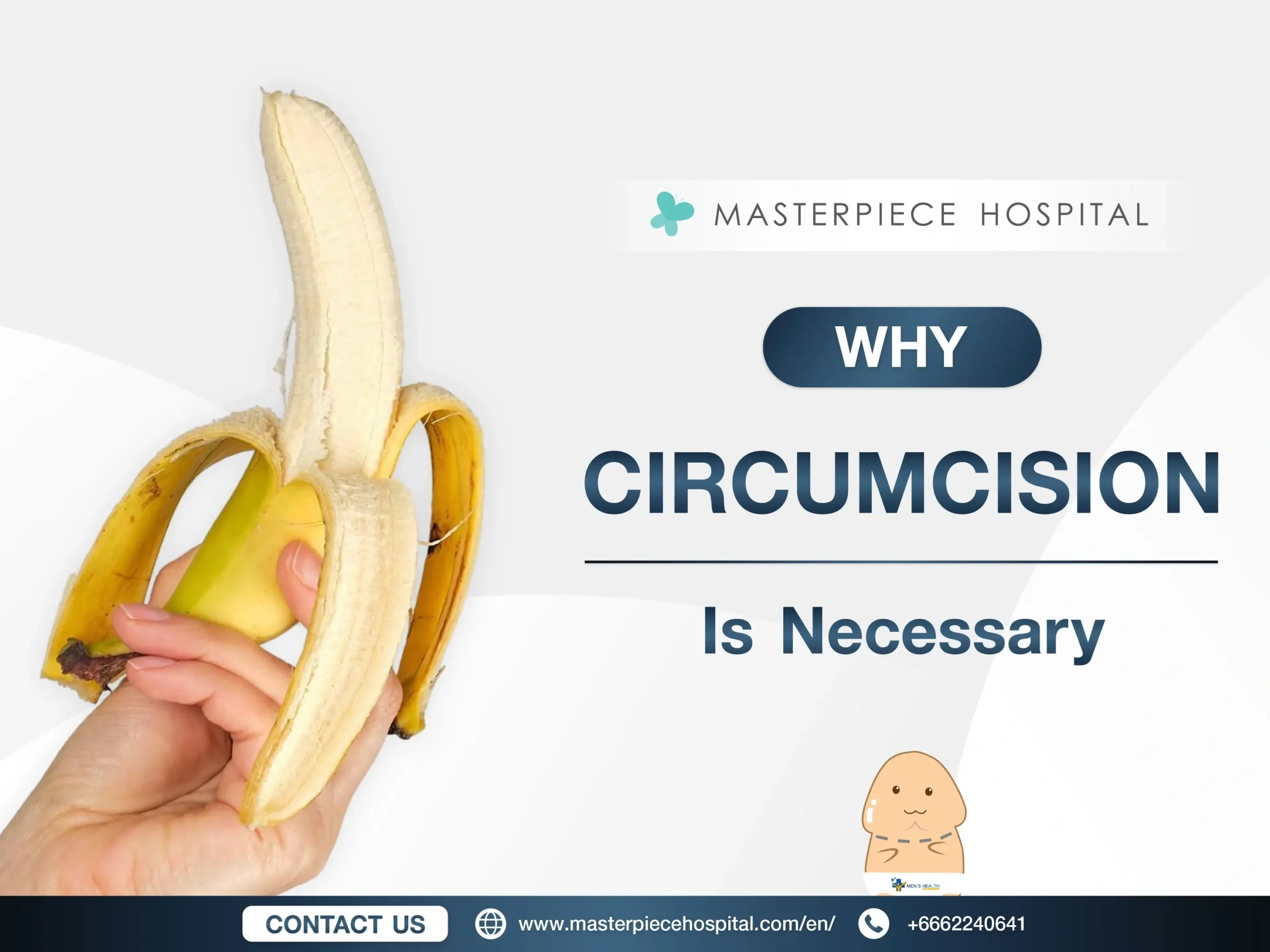
Why Circumcision is Necessary for Males
Circumcision may be medically necessary and offers several benefits, including:
- A tight foreskin that makes urination difficult.
- The foreskin constricting the penis shaft, causing pain and swelling.
- Frequent urinary tract infections (UTIs) without underlying kidney or bladder issues—circumcision may help prevent this.
- Recurrent infections of the foreskin, which can lead to scarring.
- The foreskin failing to retract naturally during adolescence.
- A long foreskin that can get caught in a zipper, causing injury.
- Easier hygiene and cleaning.
- Reduced risk of urinary tract infections.
- Lower risk of sexually transmitted infections (STIs).
- Decreased risk of penile cancer.
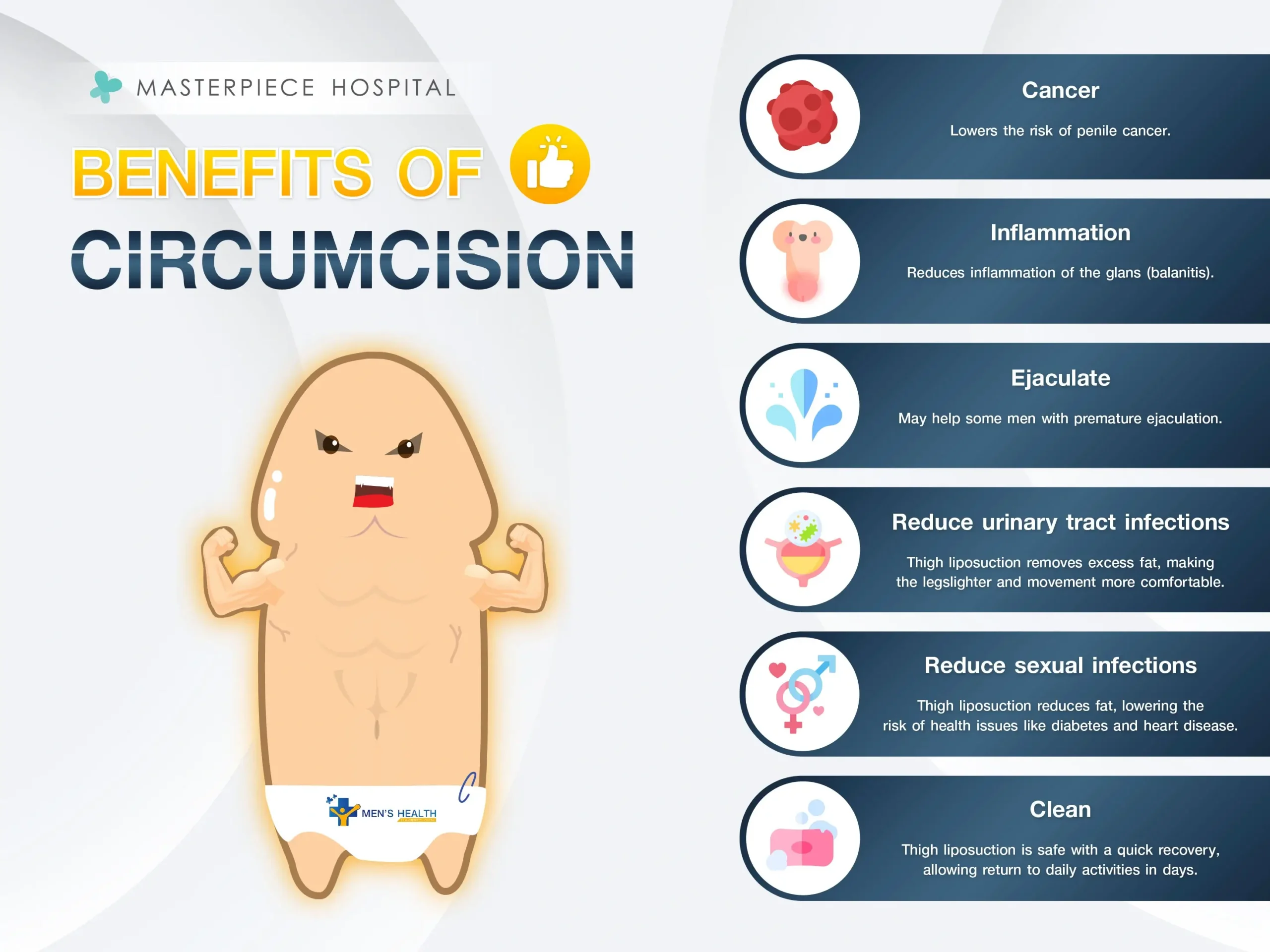
Benefits of Circumcision
- Lowers the risk of penile cancer.
- Reduces inflammation of the glans (balanitis).
- May help some men with premature ejaculation.
- Decreases the risk of urinary tract infections in young children.
- Lowers the risk of sexually transmitted infections (STIs).
- Makes genital hygiene easier, reducing the buildup of bacteria and unpleasant odors.
- Resolves issues with a tight foreskin (phimosis).
- Prevents the foreskin from becoming trapped and constricting the penis (paraphimosis).
Pre-Surgery Preparation
- Fasting from food or water is not required before the procedure..
- Inform the doctor if you have any underlying conditions, such as diabetes or high blood pressure.
- Clean and shave the genital area before the procedure.
- Wear dark-colored underwear.
- Bring loose-fitting underwear to wear after the surgery.
Post-Circumcision Care
- Avoiding water exposure for the first three days after surgery is generally recommended.
- The wound typically takes about one month to heal before resuming normal sexual activity.
Contraindications for Circumcision
- Swollen or infected foreskin.
- Individuals with bleeding disorders.
- Patients with cardiovascular diseases.
- Patients with penile cancer.
- Uncontrolled diabetes.
Benefits of Staple Circumcision
- The surgery duration is shorter, typically taking about 10-15 minutes.
- Minimal blood loss during the procedure.
- Results in a neat and aesthetically pleasing wound.
- Faster healing time.
- Less pain compared to traditional circumcision methods.
Circumcision with an automatic circumcision device is a bloodless technique that experienced doctors can perform. This service is available at Masterpiece Hospital, where you can be confident in modern equipment and hospital-standard facilities.
